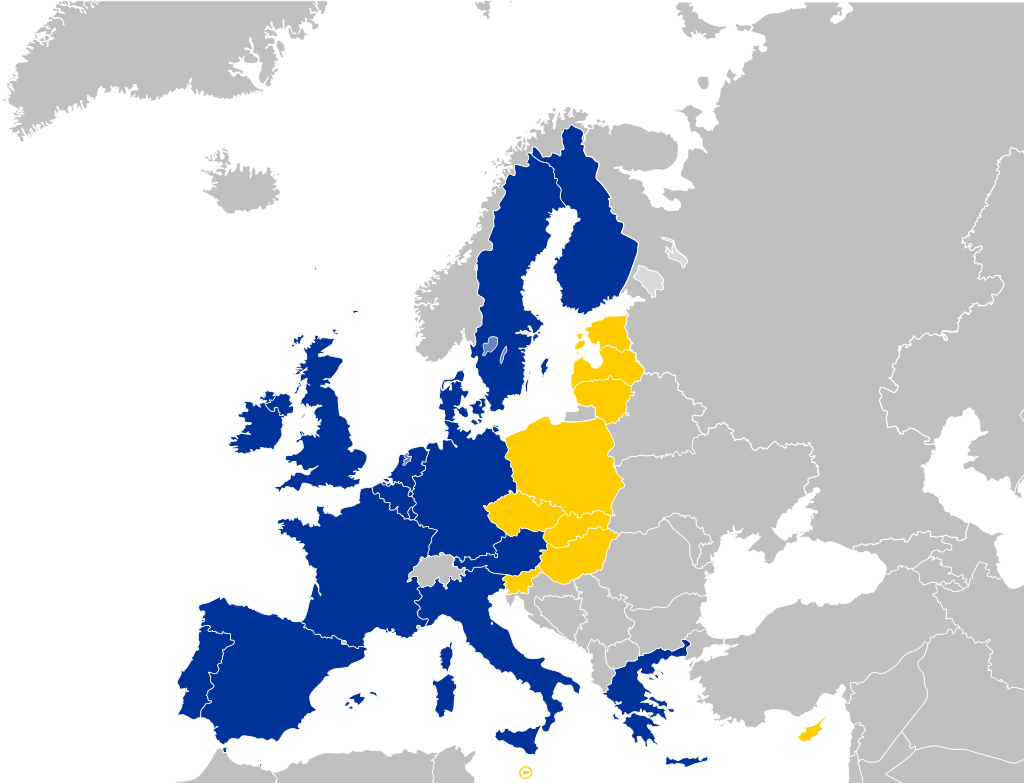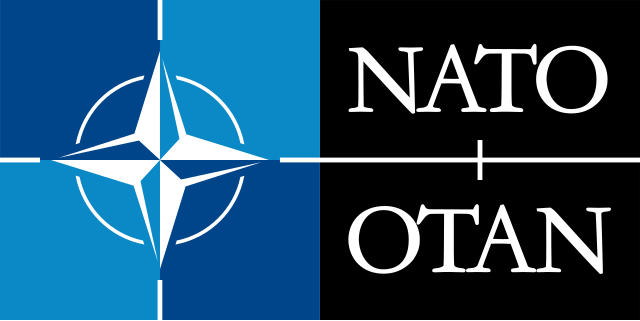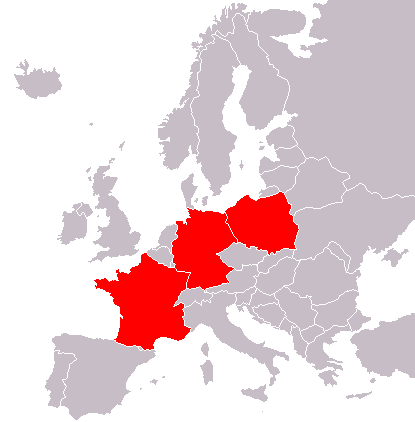
Joining the EU figure in Poland – Sejm and Senate Complex, Warsaw
Polish figure of the „Back to Europe together” topic
Poland’s accession to the European Union was one of the most significant events in the country’s recent history, involving many individuals and institutions at different levels. The journey to EU integration was neither quick nor easy, but thanks to the determination, wisdom, and vision of numerous Polish leaders, this goal was accomplished. A key figure who opened Europe’s doors to Poles was Lech Wałęsa. As the leader of Solidarity and the first democratically elected president of the Third Republic, Wałęsa embodied hope for democratic change and integration with the West. His actions and vision of a free, sovereign Poland with a strong position in the European family paved the way for accession talks. Equally important was Prime Minister Jerzy Buzek, who led the government from 1997 to 2001. Under his leadership, the accession treaty was signed in Athens in 2003, marking a formal step toward Poland’s EU entry. Buzek was a firm supporter of quick and decisive EU integration, demonstrated through effective leadership and negotiations. The role of Prime Minister Leszek Miller is also notable. His government organized the 2003 referendum on accession, running an intensive information campaign that garnered broad public support. The referendum resulted in a high “yes” vote, publicly affirming the will of the people. Beyond politicians, diplomats, experts, and officials played crucial roles by conducting detailed negotiations with the European Commission and member states. Their expertise and dedication enabled Poland to meet EU requirements concerning economic reforms, legislation, and social standards. Pope John Paul II also played a vital role; his moral authority and vision of a united Europe inspired both politicians and society. His messages about a Europe of the Spirit and solidarity provided a background for the entire integration process. Poland’s integration into the EU was not just a political or economic move — it was deeply rooted in the historical memory and national identity of the Polish people. A shared memory of hard experiences such as partitions, occupation, and communism strengthened the desire to be part of a community that values freedom, democracy, and human rights. This memory motivated society and politicians to undertake the effort of integration, seeing it as a chance for a better future within a strong, united Europe. In summary, Poland’s accession to the European Union was the result of cooperation among many people with diverse skills and visions. It was a success not only politically but also socially, based on shared memory and identity that helped build bridges between the past and the future.
Facts




